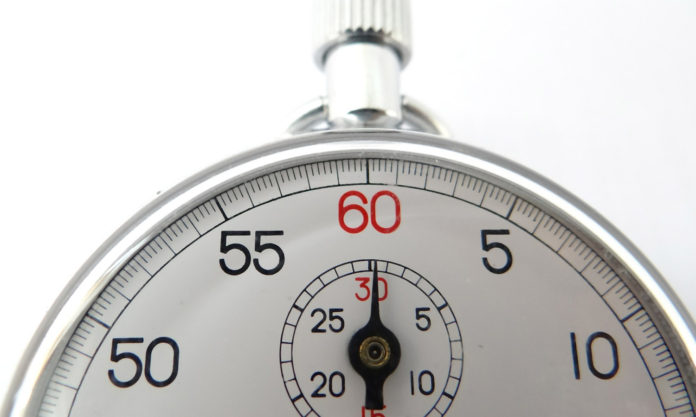“If I had a chance now with every book I wrote, every page would be a little different,” says Ocean Vuong in an interview with Lit Hub. “Commas would be moved, words. And I think that’s beautiful, actually. That’s a good thing. It reminds us that the artist and the mind and the poem still grow.”
Unfortunately, leaning into that growth would mean you never finish a story, because the edits you make could be undone the next day or altered in an entirely different way the next. Instead, Vuong says we should spend time with our writing, to discover what rises to the surface.
Vuong notes that the poet John Berryman used to place his drafts in plastic sheets so that he could not make changes in the moment. After two to three days of reviewing – but not editing – the work, Berryman would retrieve the manuscript and make the changes that stayed with him over time. “It shows that there is so much work that could be done when we meditate on a poem, rather than constantly putting pen to paper, marking things up because it seems very productive,” Vuong says. “Stepping away from a poem or reading a poem without manipulating it as part of the drafting process is really powerful. You realize that something you recognize on Day One becomes very forgettable on Day Three. But then something else — this bigger thing underneath — comes through, and you say, Oh my goodness, if I were to write another draft right away, I would have missed all that.”












